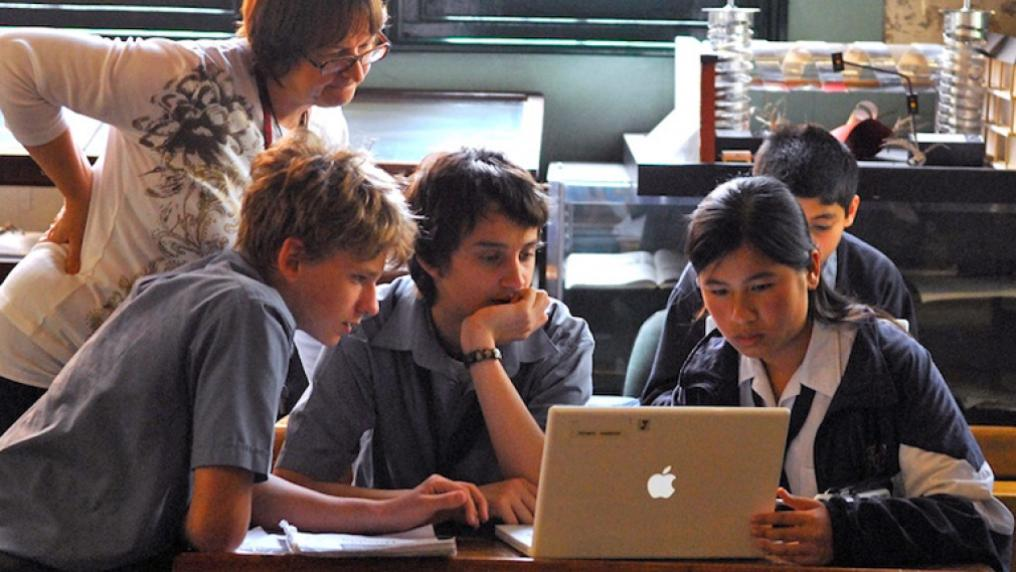The Australian education system in 2025 is undergoing significant transformations, driven by technological advancements, evolving pedagogical approaches, and a focus on preparing students for the future workforce. From early childhood education to higher education, educators and policymakers are adapting to meet the changing needs of learners and society. This article explores the key trends and developments shaping the Australian education landscape this year.
Digital Integration and Online Learning
The integration of digital technologies in Australian classrooms continues to accelerate in 2025. Interactive whiteboards, tablets, and educational software are becoming increasingly commonplace, enhancing engagement and providing personalized learning experiences. Online learning platforms and resources are also playing a more significant role, offering flexibility and access to a wider range of educational content.
The lessons learned from the rapid shift to remote learning during recent global events have informed the development of more robust and effective online learning models. Blended learning approaches, which combine face-to-face instruction with online activities, are gaining popularity, offering the benefits of both traditional and digital learning environments. Artificial intelligence (AI) is also beginning to make its mark in education, with AI-powered tools being used for tasks such as personalized learning recommendations and automated assessment.
Focus on Skills for the Future
There is a growing emphasis in Australian education on equipping students with the skills they need to thrive in the 21st-century workforce. This includes not only academic knowledge but also critical thinking, problem-solving, creativity, collaboration, and digital literacy. The curriculum is being adapted to incorporate these skills across all subject areas.
STEM (Science, Technology, Engineering, and Mathematics) education remains a priority, with initiatives aimed at encouraging more students, particularly girls, to pursue studies and careers in these fields. There is also a growing recognition of the importance of soft skills, such as communication, teamwork, and emotional intelligence, in preparing students for the future of work. Vocational education and training (VET) pathways are being strengthened to provide students with practical skills and industry-relevant qualifications.
Wellbeing and Inclusive Education
Student wellbeing is increasingly recognized as a crucial factor in academic success in Australian schools. There is a growing focus on providing support for students’ mental health and emotional wellbeing through school-based programs and resources. Inclusive education practices aim to ensure that all students, regardless of their background or abilities, have access to a high-quality education.





